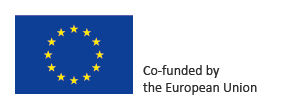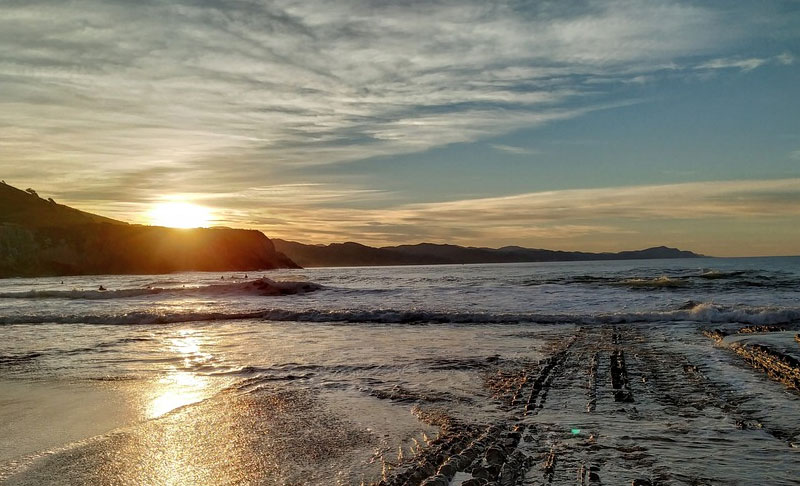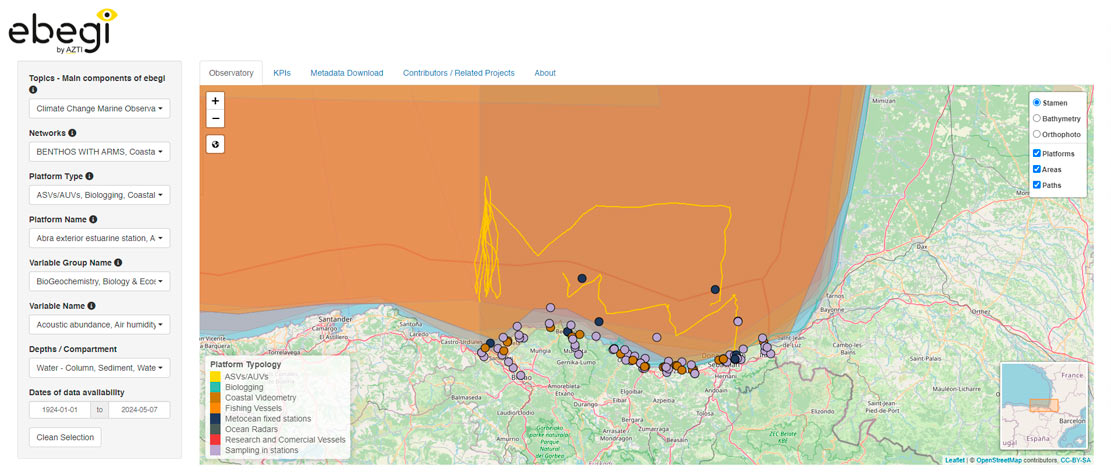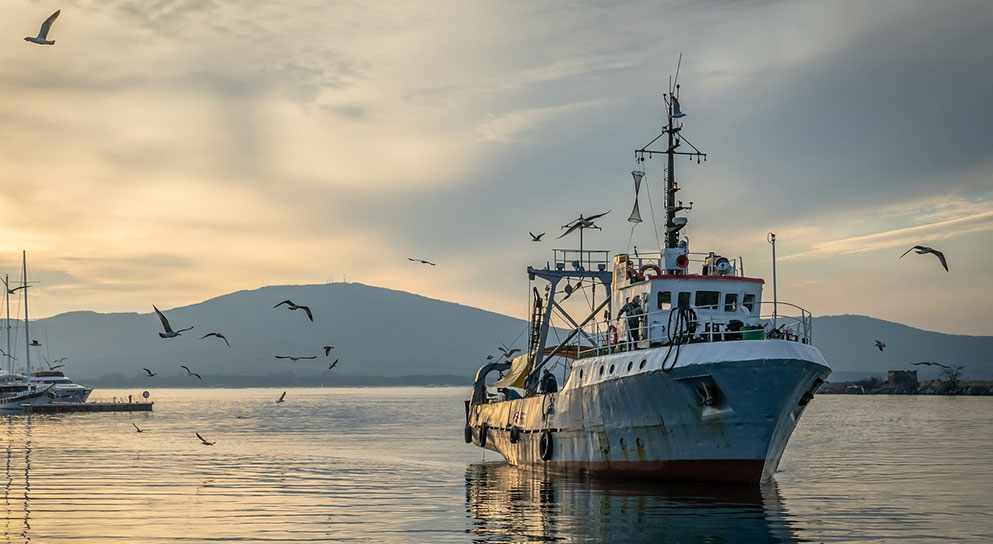MISSION ATLANTIC
Towards the Sustainable Development of the Atlantic Ocean
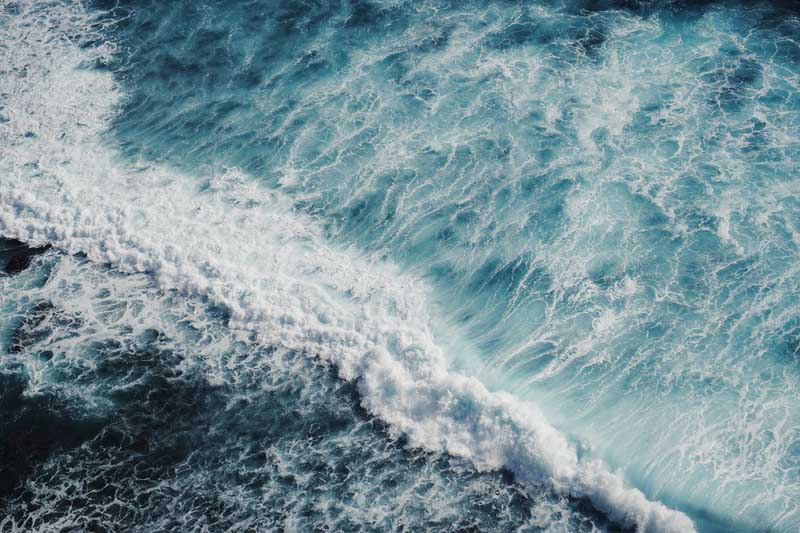
MISSION ATLANTIC takes a fully holistic and integrative approach to assess the state of the whole Atlantic: no pressure or ecosystem component is excluded. The scope of pressures includes human activities, variability, and natural hazards. The integrated ecosystem assessments (IEA) link these explicitly to relevant ecosystem components. This provides a framework for a risk-based prioritization of links between pressures and ecosystem components, and for targeting research activities. Links between pressures and ecosystem state are evaluated in the context of multiple pressures. Expert judgment, time series analysis, statistical inference, process-based models and network analyses are used to quantitatively score the importance of those links. Resilience is quantified as a key attribute of the socio-ecological networks. This approach enables us to determine ecosystem responses to management actions which will contribute to the sustainable management and protection of Atlantic marine and coastal ecosystems and resources.
Objectives
To establish the risks posed by pressures from human activities, climate change and natural hazards, to sustainable use of the Atlantic ecosystem at a global and regional scale, we have defined five distinct and measurable objectives in terms of Scientific and Technical excellence (ST) and Educational and Outreach excellence (EO):
- ST1: Assess ecosystems status and resilience in the whole Atlantic Ocean to cumulative and cross-scale impact of pressures, and consequences for food provision, climate regulation and cultural services.
- ST2: Map the present and establish the future 3D distributions of Atlantic biomes and their pressures with respect to physical, biological, chemical and seafloor attributes to support the sustainable use of marine resources.
- ST3: Develop new indicators, tools (process-based and statistical models) and technologies (information fusion, big data processing, machine learning) to identify risks and vulnerabilities of the Atlantic Ocean under different climate conditions and management scenarios.
- EO1: Formulate and transfer assessment guidelines, data and modelling tools into ecosystem-based management procedures, to support sustainable governance of marine resources and the development of the Blue Economy through dissemination, co-creation of management recommendations, and more general ocean-awareness activities involving regional stakeholders (e.g., NGOs, industry, ecosystem managers).
- EO2: Educate ocean resource managers and researchers in application of a systemic approach to ecosystem management (e.g. IEA), providing professional development opportunities and educational programmes with/in countries bordering the North, South and Tropical Atlantic Ocean
Project Data
| Partners |
Coordinated by Danmarks Tekniske Universitet (DTU) and other 31 participants. |
| Funding |
This project receives funding from the European Union’s Horizon 2020 research and innovation programme under grant agreement No 862428 |
| Lenght |
2020-2025 |
